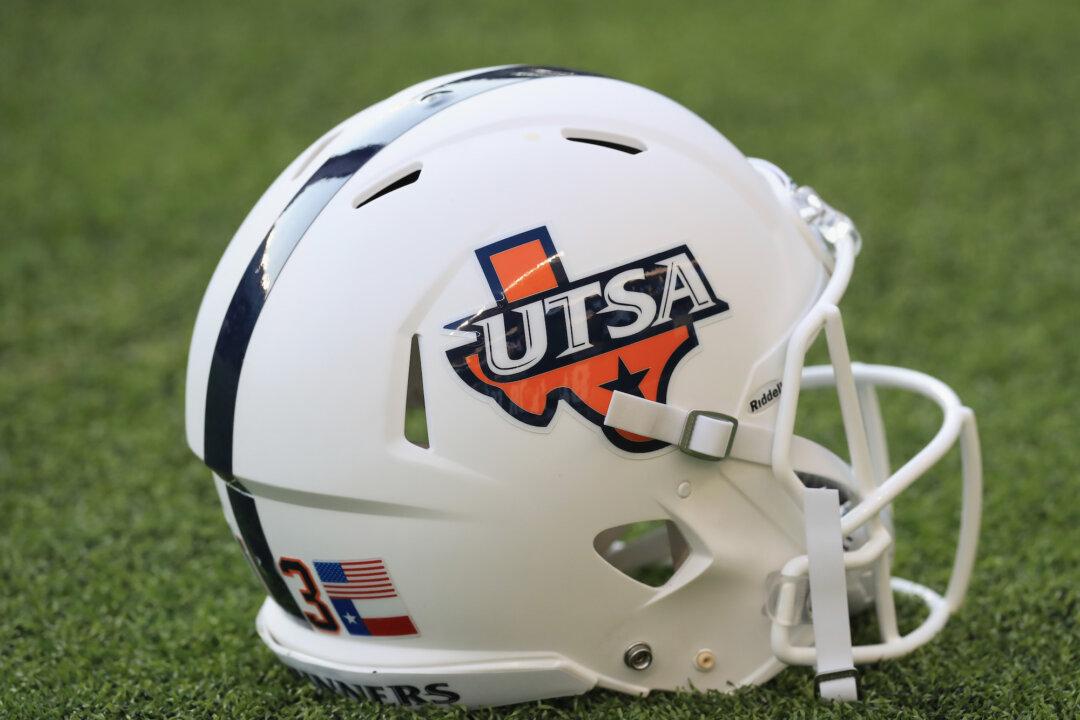University of Texas at San Antonio (UTSA) said it will end the tradition of using “Come and Take It” as a rallying cry during football games.
In a letter to students, faculty, staff and alumni, UTSA President Taylor Eighmy said he made the decision because it has become “a distraction” from the university’s mission.





